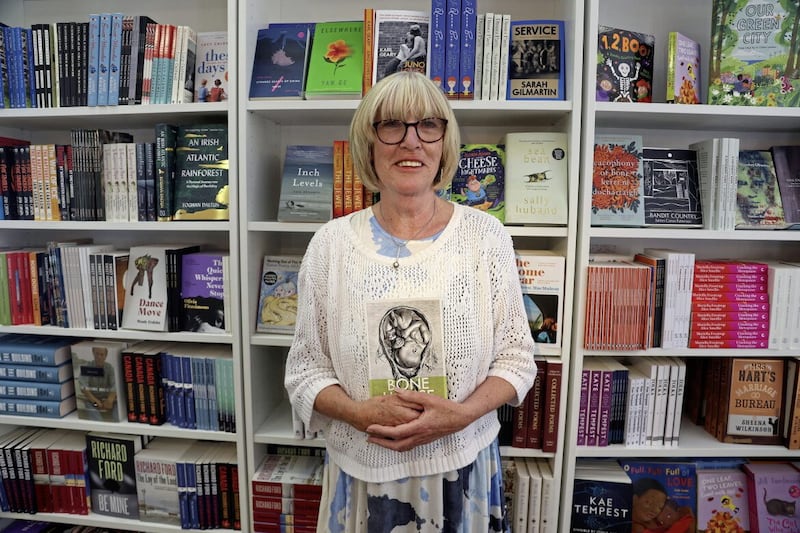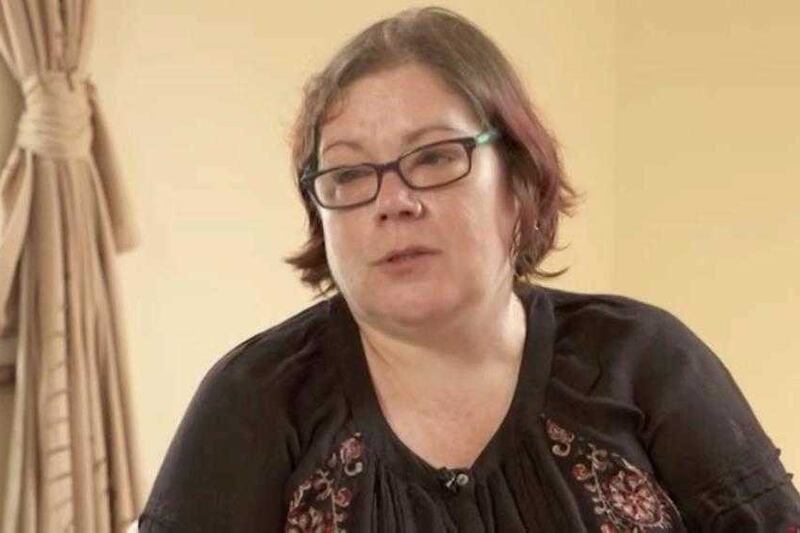As Mary McManus was preparing to bury her 20-year-old son who took his own life, a priest asked her if she wanted the word 'suicide' to be mentioned during his funeral mass.
For the Newcastle woman, it was important that mourners knew about Dean's life and his battle with depression – as well as her treasured memories of his happy childhood and loving nature.
But the 48-year-old single mum, who lost her son two years ago, also wanted to be open about his passing, to try to remove the stigma surrounding the issue.
"When the priest asked me about not mentioning suicide in the service, I said ‘why not’. It was how Dean died.
"Years ago people did not talk about suicide, especially at funerals. But it is only when you talk about things that you can do something about it."
The mother-of-two has been an active fundraising member of the Suicide Down to Zero group for the past year and believes that a new focus is needed in the health service's approach to suicide.
"In the year Dean died, there were 303 deaths from suicide in Northern Ireland - the majority of which were young men. It is the biggest killer here and that's not taking into account the number of deaths from complications as a result of attempted suicides," she said.
"If someone has liver or heart disease there are clear messages around it. But with suicide it is different and I think that needs to be looked at."
Dean's mental health problems only surfaced when he started secondary school where he became withdrawn and couldn't deal with the transition from primary education.
"Dean loved school as a child and would ask if we could leave the house early just to get there. Teachers loved him and he was a very happy, loving child, he and I were incredibly close," said Mary.
"But something changed in him when he went to secondary, it was just too much for him, a problem I later discovered is quite common in some children."
After an attempted overdose at age 18, Mary said she discovered the big gaps in support for her son and herself as his main carer.
"We were living in Ballykinler at the time and the health authorities would not admit Dean to hospital and instead a community homecare team who came out to visit him. He improved for a short time after they got his medication right.
"But when he told me two years later that he was feeling suicidal I didn't know where to turn and rang my GP. I didn’t know what support was open to Dean or me. I didn't know about support groups such as Pips. The GP prescribed him anti-depressants but within 48 hours he was dead.
For Mary, the campaign group has offered a lifeline during the most difficult period of her life.
"Being bereaved through suicide is a different type of grief. When Dean was only six or seven months dead I began to experience panic attacks and felt very low. I couldn't foresee a future without him. But a member of the group said I shouldn’t look to five or ten years’ down the line but just take things day by day. That’s how I live now."






